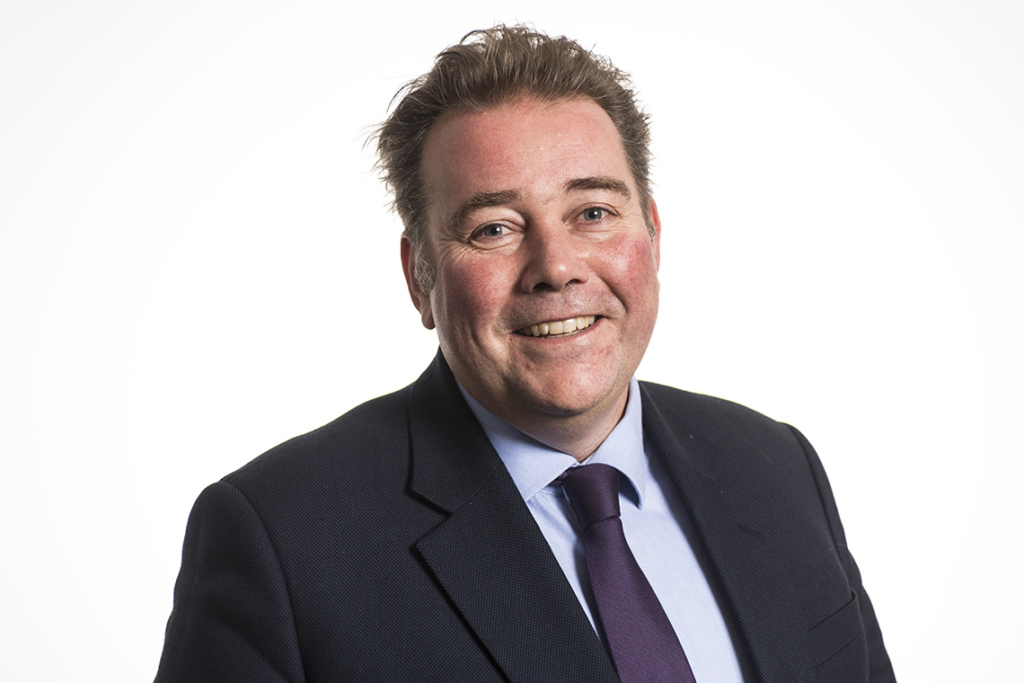
The NHS Race and Health Observatory, supported by three regulators, has called on healthcare leaders to ensure that policies and processes are fair, inclusive and in line with the 2010 Equality Act.
Leaders should ensure that health and care staff across the country are protected from racism, or any other form of discrimination, as they go about their vital work.
Dr Habib Naqvi, director, NHS Race and Health Observatory, said: “It is essential that all healthcare employers ensure staff and patients are not discriminated against due to any form of racism, bias or prejudice. Racism within our society must be viewed as absolutely intolerable; it has devastating impacts upon lives and needs to be tackled head-on.
“The NHS Race and Health Observatory will work with the healthcare regulators, and all other parts of the wider healthcare system, to identify and tackle structural inequalities that lead to differential experience and outcome for our healthcare workforce, diverse communities and patients.
“The Observatory operates by shining a light on discriminatory policies and practices, and by gathering evidence that supports healthcare organisations to progress in a way that eradicates, rather than exacerbates, inequality.
“Britain will not be a successful, multicultural and forward-thinking country until it has equity at its core; and if we are to move towards achieving the promise of that ideal, we all must keep our own moral compass pointed in the right direction.”
Andrea Sutcliffe CBE, Chief Executive and Registrar, Nursing and Midwifery Council, said: “At the Nursing and Midwifery Council, we strongly believe there’s no place for racism in health and care, and as the regulator of almost 732,000 nursing and midwifery professionals, the NMC stands firmly together with our partners in being committed to tackling institutional discrimination in all its forms.
“The impact that racist and other discriminatory attitudes and behaviours has on people is devastating. That’s why the values of equality, diversity and human rights – that are fundamental in the delivery of person-centred care for everyone – are enshrined in our Code and professional standards. It’s also why we will always listen and ensure appropriate action is taken when concerns about someone’s fitness to practise are raised with us.
“We’re also determined to play our own significant part in becoming a better and fairer regulator by continuing with the second phase of our research into the differences experienced in referral rates of Black and minority ethnic nurses, midwives and nursing associates. We’re committed to rooting out and addressing any unfairness in our own processes.
“It’s clear there’s a long road ahead. But it’s the responsibility of all of us to create safe, inclusive and supportive working environments and stamp out racism and any other discrimination when we see it. “Working together, we must and we will do more.”
Charlie Massey, Chief Executive and Registrar, General Medical Council, said: “Racism and other forms of discrimination still exist in medicine, as in so many other walks of life. The GMC professional standards are clear – doctors must not unfairly discriminate against patients or colleagues. If doctors are aware of colleagues behaving in a way that does not meet the standards, we expect them to raise concerns or challenge them.
“The GMC have recently set ourselves ambitious targets to address specific areas within medical the profession, and are wholly committed to work with others across the system to make real and rapid progress.
“Addressing entrenched bias and racial discrimination requires sustained focus and for healthcare regulators be aligned on this commitment. So today we stand alongside other healthcare regulators, demonstrating a collective commitment to work together to tackle racism, bias and inequalities within the healthcare system.”
Ian Trenholm, Chief Executive, Care Quality Commission said: “We stand against all forms of racism and are committed to equality of access, experiences and outcomes for people accessing health and social care services and for our staff.
“We set high standards on equality, diversity and inclusion for both the services we regulate and for ourselves as an organisation. As part of our Well Led domain we assess how organisations are performing on race equality across their workforce and if we find poor practice, it impacts on the rating we give. Where it is within our legal remit, we also take enforcement action to make sure providers of health and care services take action to improve.
“When we do not have legal powers to act ourselves on workforce equality in regulated services, we work with others to resolve issues and we welcome closer joint working on racism, bias and inequalities across all health and social care regulators.
“We have made clear in our new Strategy our commitment to looking at how the care provided in a local system is improving outcomes for people and reducing inequalities in their care. This means looking at how services are working together within an integrated system, as well as how systems are performing as a whole. We also commit to understanding how local, social factors can impact the experience of providers and people using services, as well as the role that we play as part of that system and to asking the same questions of ourselves around bias as we do of those providing care.
“Everyone in health and social care has a role to play in ensuring that all colleagues can thrive in their workplaces and in tackling the inequalities in health and care that sadly still exist for some people. We would encourage anyone aware of racist or discriminatory behaviour to raise those concerns directly and with us via Give Feedback on Care.”
Kindly follow us on twitter:@AfricanVoice2










